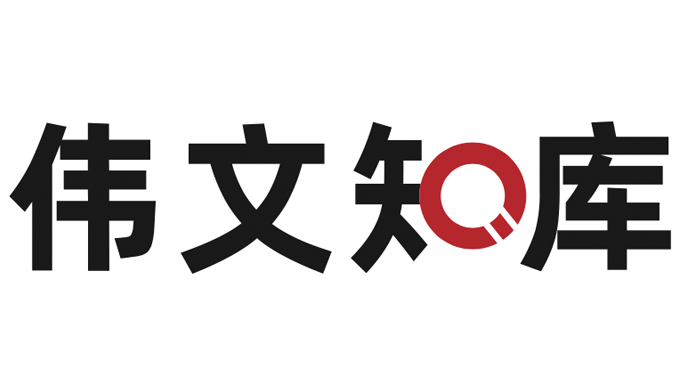Do state-owned enterprises enjoy sovereign immunity?
摘要
Against the backdrop of the Belt & Road Initiative and more Chinese state-owned enterprises (“SOEs”) going outbound,concerns about whether Chinese investors have a probable path to judicial resolution of recovery from an SOE in case there is any dispute. It can be confusing whether SOEs qualify for state immunity. The legal doctrine of sovereign immunity, or state immunity initially provided that a state is immune to the jurisdiction of foreign courts and the enforcement of court orders, even if the acts involved are commercial in nature, unless it chooses to waive such immunity. This is referred to as the doctrine of “absolute immunity”. Not until the mid-twentieth century when governments became more active in commercial activities, was the doctrine condemned to be unfair to private companies. Since 1970s, the US and some European countries have switched to the doctrine of “qualified immunity” or “restrictive immunity” by codifying exceptions to limit the application scope with respect to, for example, commercial transactions, personal injuries, and patents.This article will consider this issue in light of the practice in the United Nations Convention on Jurisdictional Immunities of States and Their Property, the People’s Republic of China, Hong Kong SAR, the United States, and the United Kingdom.
正文
备注
本文献PDF共计10页,免费分享。



